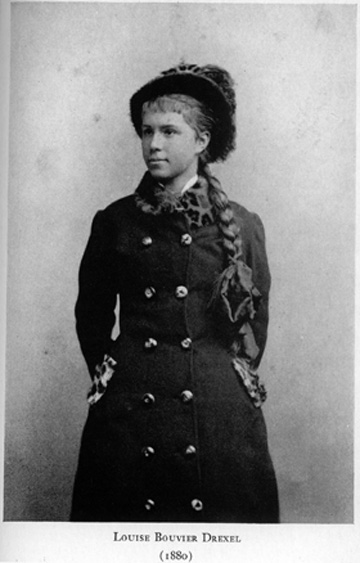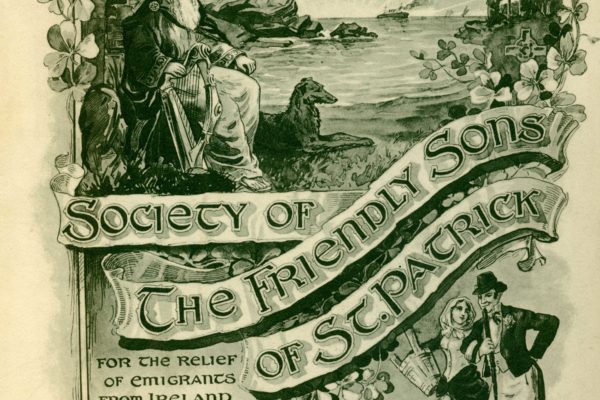The Other Drexel: Louise Drexel Morrell
...ful work a blessing from God and would spend her days answering correspondence from the large number of charities she helped support and overseeing the affairs of St. Joseph’s and St. Emma’s Industrial Schools. When not working she would toil in her greenhouse or walk the grounds of her estate.
Friendly and Adopted Sons
...ever].”[3] Quarterly meetings were held at a rotating number of taverns in Philadelphia, including the City Tavern. However, no meetings were held during the occupation of the city by the British during the Revolution.[4] The Friendly Sons, despite being a social group, took a definite stance on the American Revolution.
Archdiocesan Superintendent of Schools records, 1890-1932 (MC 92)
...a K-12 education, many Catholic households chose to send their children to Philadelphia’s public schools. Due to several factors (including doubts about the suitability of a public education for Catholic children and growing anti-Catholic sentiment and the nativist riots of 1844), Bishop Francis Kenrick began pushing for separate parochial schools
James F. Connelly papers, 1790-1974 (MC 67)
...multitude of topics, though a significant amount deal with the history of Philadelphia and Pennsylvania, specifically the history of Catholicism in the Philadelphia and surrounding dioceses, Cardinal Krol’s tenure, and St. Charles Borromeo Seminary. A good deal of research notes were most likely gathered for his published works. A significant



